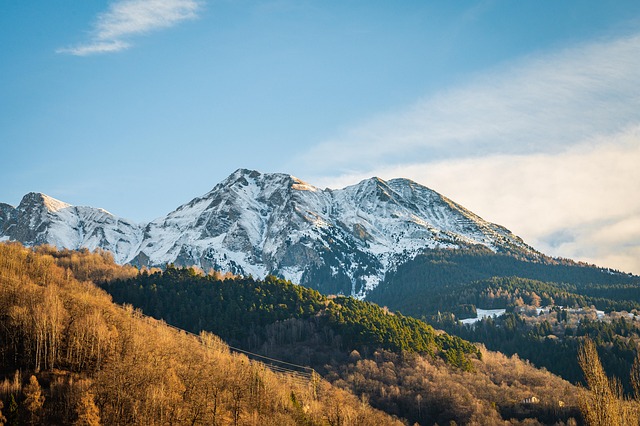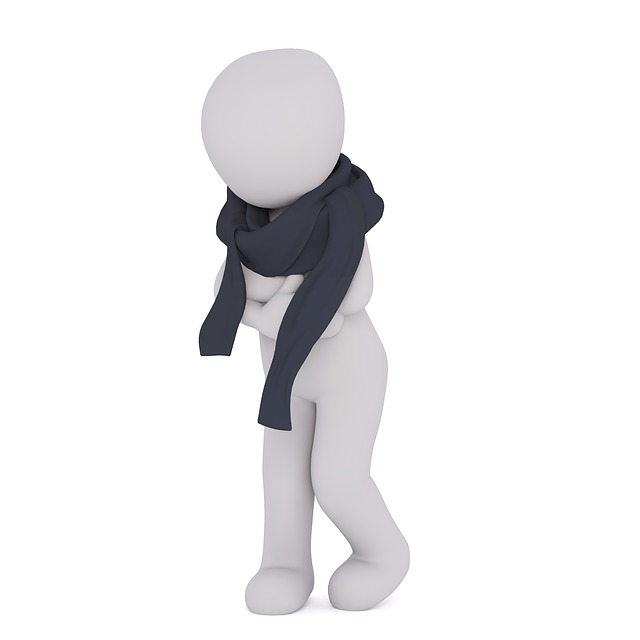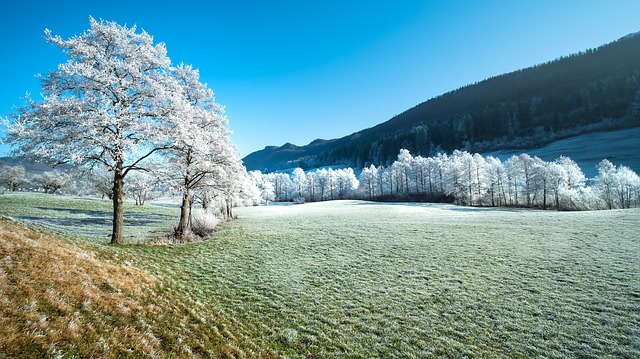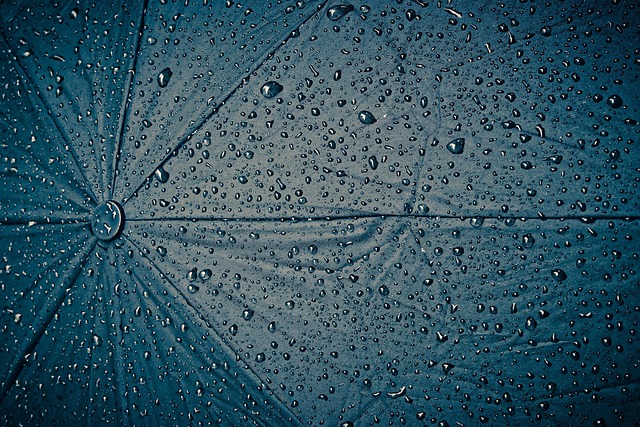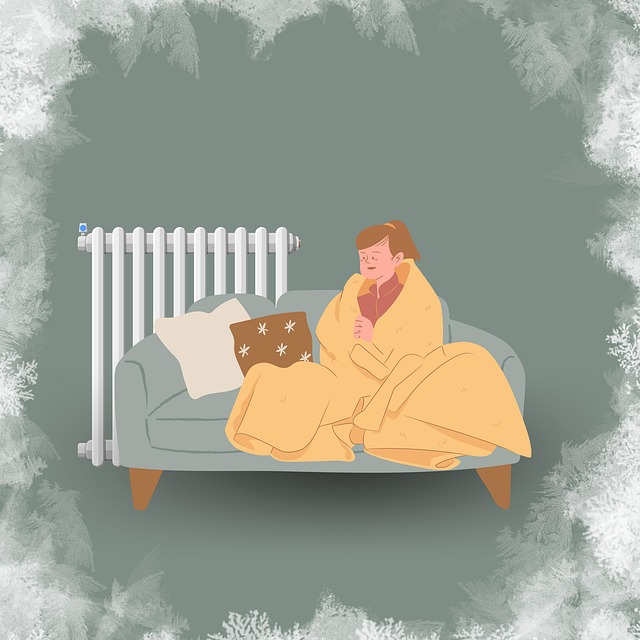Extreme weather poses risks to outdoor plumbing, leading to costly repairs. Garage doors, when closed, shield pipes from freezing, thawing, and intense sun, preventing outdoor plumbing disasters. Regular maintenance, such as sealing gaps, using sensors, insulating pipes, or applying heat tape, secures outdoor plumbing against harsh conditions.
Protecting your home’s outdoor plumbing is crucial to avoid costly damages. This comprehensive guide explores the vulnerabilities of exposed pipes and how close garage doors serve as a robust shield. Learn why this simple measure significantly reduces risks from freezing, shifting earth, and extreme weather events. Discover effective strategies to secure your outdoor plumbing now and ensure your home stays safe and sound year-round.
- Understanding Outdoor Plumbing and Its Vulnerabilities
- How Garage Doors Offer Vital Protection for Pipes
- Effective Strategies to Secure Your Outdoor Plumbing Now
Understanding Outdoor Plumbing and Its Vulnerabilities
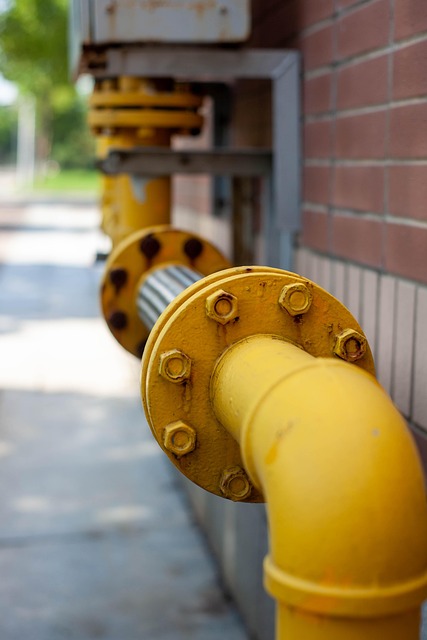
Outdoor plumbing, encompassing various fixtures and appliances located outside your home, presents unique vulnerabilities that often go overlooked. From garden hoses to sprinkler systems and outdoor sinks, these components are susceptible to damage from harsh weather conditions, including extreme temperatures, heavy rainfall, and strong winds. Understanding the risks associated with outdoor plumbing is the first step in safeguarding your property.
The exposure of pipes, valves, and other mechanical parts makes them more vulnerable to freezing during cold snaps, leading to potential bursts and leaks. Moreover, excessive water pressure or surges from storms can cause significant stress on outdoor plumbing, resulting in pipe damage, sprinkler malfunctions, or even dislodged fixtures. Regular inspection and maintenance are crucial to identify and address these vulnerabilities before they escalate into costly repairs or worse.
How Garage Doors Offer Vital Protection for Pipes
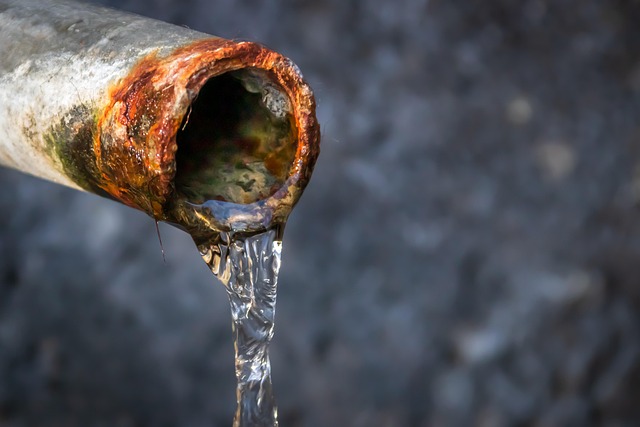
Garage doors serve as an often-overlooked line of defense for your home’s outdoor plumbing. By keeping garage doors closed, you create a physical barrier that protects pipes from extreme weather conditions, such as freezing temperatures and blizzards. This simple act prevents pipes from bursting due to the expansion and contraction of water when it freezes and thaws, which can lead to costly damage and water waste.
Moreover, garage doors provide insulation against sudden temperature changes, ensuring a more consistent environment for outdoor plumbing. This is particularly important for older homes with exposed or less insulated pipes. Regularly closing the garage door, especially during winter months, can significantly reduce the risk of plumbing disasters and save you from unexpected repairs, making it a simple yet effective step in maintaining your home’s outdoor plumbing system.
Effective Strategies to Secure Your Outdoor Plumbing Now
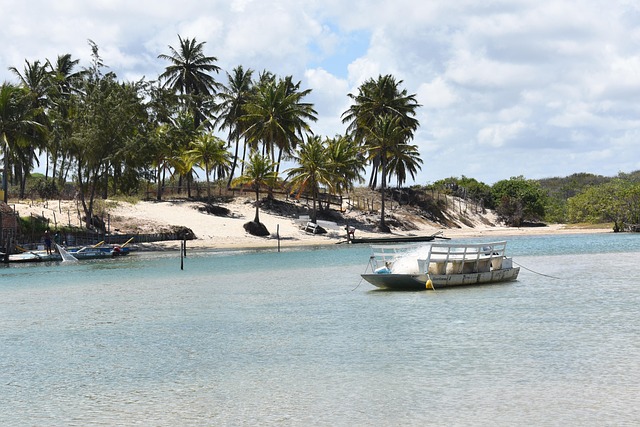
Protecting your outdoor plumbing from extreme weather conditions is crucial for maintaining a reliable water system. One effective strategy is to ensure all garage doors leading to outdoor areas are securely closed and sealed. Garage doors can act as an entry point for cold air during winters, causing pipes to freeze and burst. Conversely, they provide shade and protection from intense sunlight in summers, which can lead to excessive water pressure and potential damage.
Regularly checking and maintaining these doors is essential. Use weatherstripping to seal gaps around the door edges, preventing drafts. Consider installing automatic garage door openers with temperature sensors that detect freezing conditions and prevent operation when needed. Additionally, insulate exposed pipes in cold climates or use heat tape to keep them above freezing point. These simple measures can go a long way in securing your outdoor plumbing against harsh weather events.
